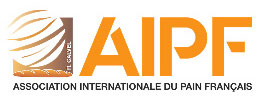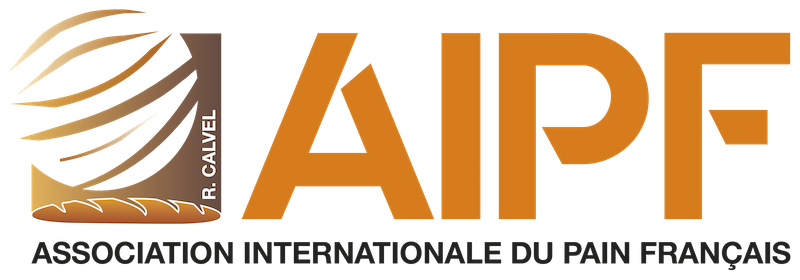Thix is a summary from Fabrice Bourjot (Head of Wheat Development at Moulins Soufflet) talk during the last AGM
Though individual customers have different flour requirements depending on the type of client (industrial client / artisan baker / export), the key quality criteria are to maintain the regularity of the flour and ensure adherence to specifications. The proportion of industrial clients is growing, whereas artisan bakery volumes are stable and flour exports are falling sharply.
Flour quality is largely determined by the quality of the wheat (70%), followed by the addition of other ingredients (20%) and the mill setting (10%). Hence the importance for millers of focusing on sourcing in order to secure the quality of their wheat supplies.
At the present time, there are two essential criteria:
- Varietal choice: since not all wheats have the same baking quality, the emphasis placed by the sector on the choice of varieties is vitally important. Bodies such as the CTPS (French Technical Plant Breeding Committee), Arvalis (French Arable Crops R&D Institute) and ANMF (French National Milling Association) have a part to play here.
- Protein content: this is a critical factor given that demand for protein has risen in line with the growth of industrial output, while at the same time supply has been falling for the past 10 years (-1pt). This is reflected in a tension surrounding protein, with a wheat constituent that needs to be compensated for by the use of hard wheat varieties in order to guarantee the quality of individual flours. In the global market, French wheat crops have virtually the lowest protein content of all varieties, making them difficult to export. Current protein thresholds (excluding 2016) are verging on critical across the entire French wheat industry.


